Our ancestors possessed a wealth of survival skills that helped them thrive in challenging environments. By learning and practicing these lost skills, we can reconnect with our heritage and be better prepared for any situation.
1. Animal Tracking
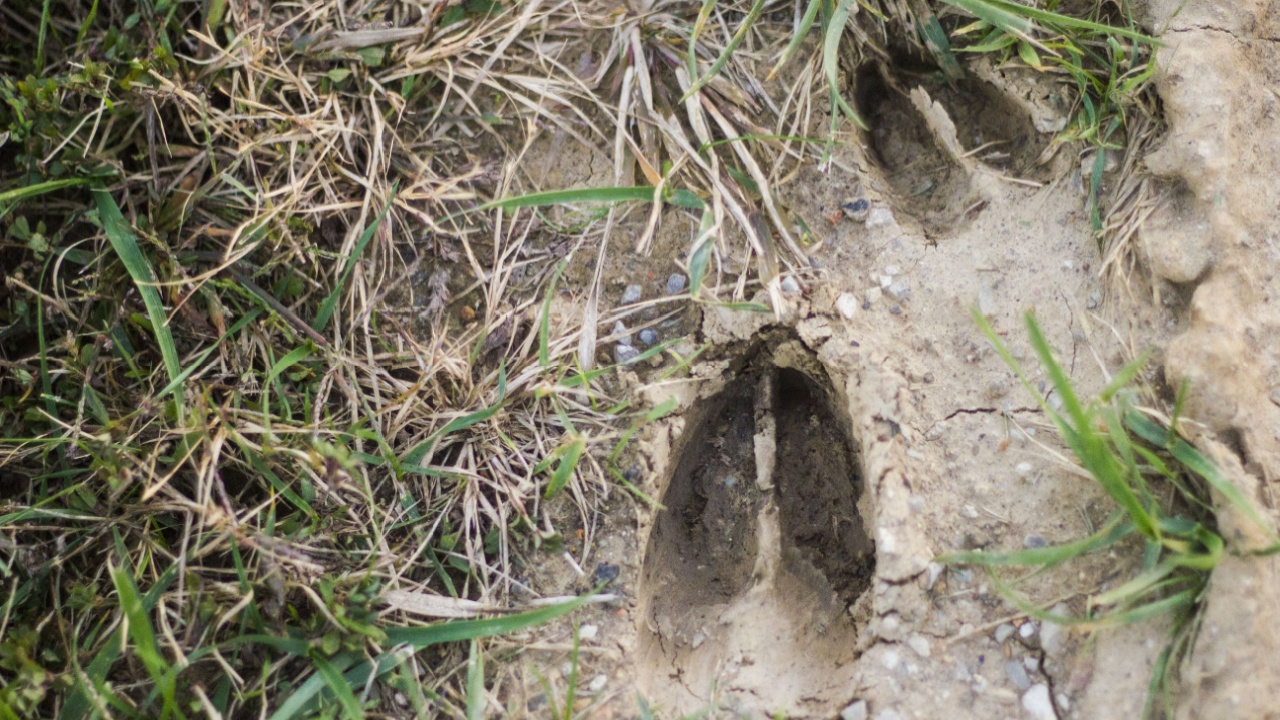
Our ancestors were skilled animal trackers, able to read signs like footprints, droppings, and broken twigs to follow their prey. They used this knowledge for hunting and avoiding dangerous animals. Learning basic animal tracking can help you find food and avoid potential threats in the wild.
2. Shelter Building
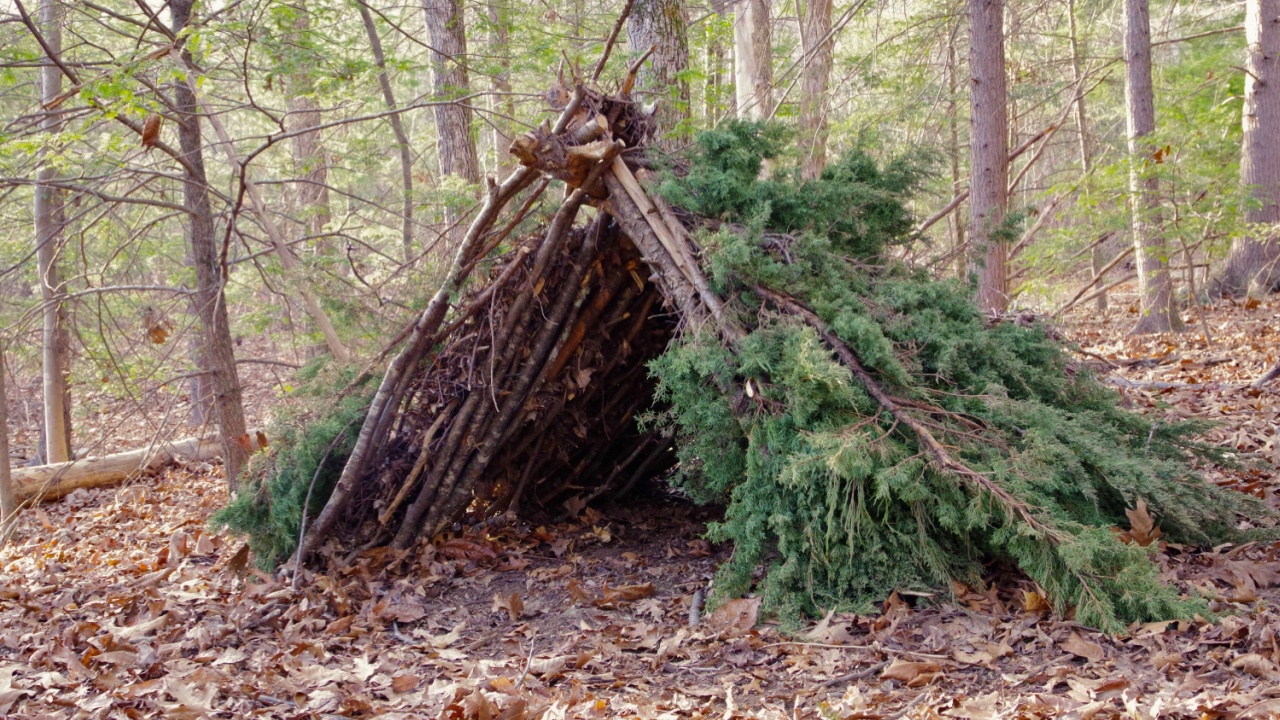
In the past, people knew how to build shelters using natural materials like branches, leaves, and mud. They could create sturdy structures that protected them from the elements and predators. Practicing shelter building can help you survive in the wilderness.
3. Hunting and Trapping
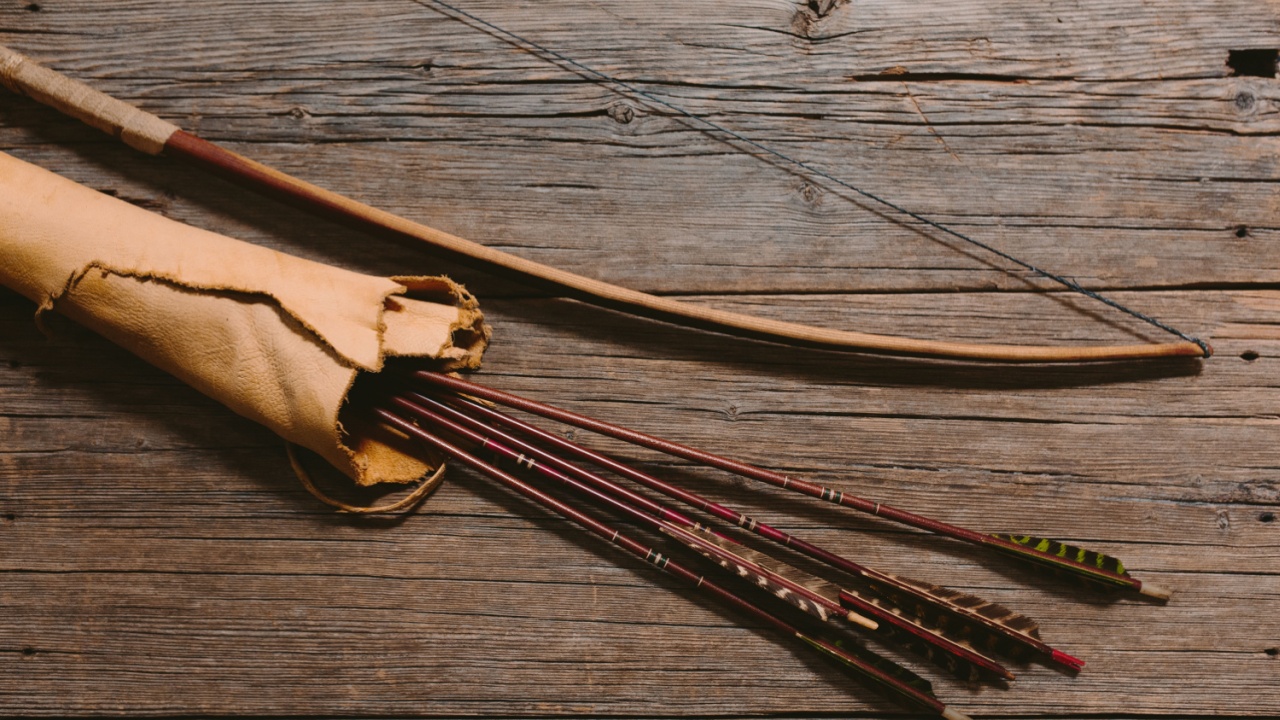
Our ancestors were skilled hunters and trappers, using handmade tools like bows, arrows, and snares to catch game. They had an intimate knowledge of animal behavior and tracks. Learning basic hunting and trapping techniques can provide a valuable food source in a survival situation.
4. Foraging
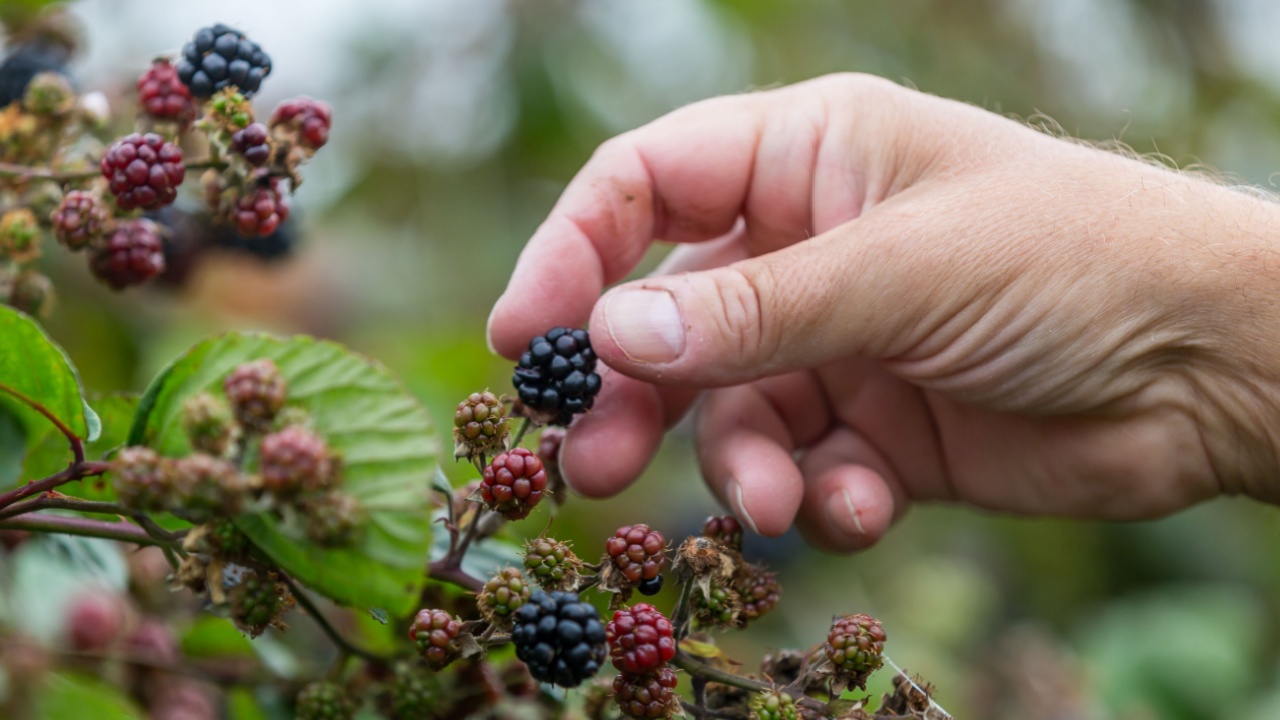
Our forefathers knew how to identify edible plants, berries, and mushrooms in the wild. They could distinguish between poisonous and safe plants, ensuring a varied and nutritious diet. Foraging is a valuable skill that can help you find food when other sources are scarce.
5. Water Purification
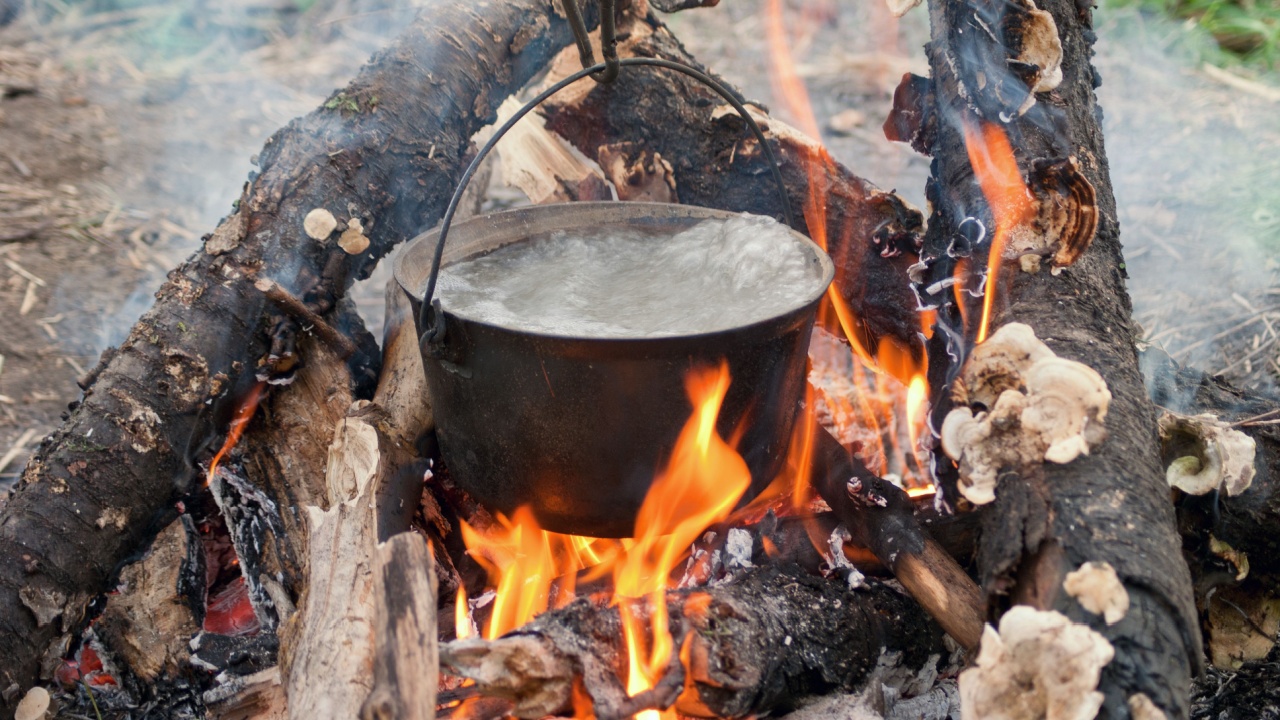
In the past, people knew how to find and purify water using natural methods like boiling, filtering through sand or charcoal, and using plants as natural purifiers. Knowing how to purify water can prevent waterborne illnesses and ensure your survival.
6. Navigation
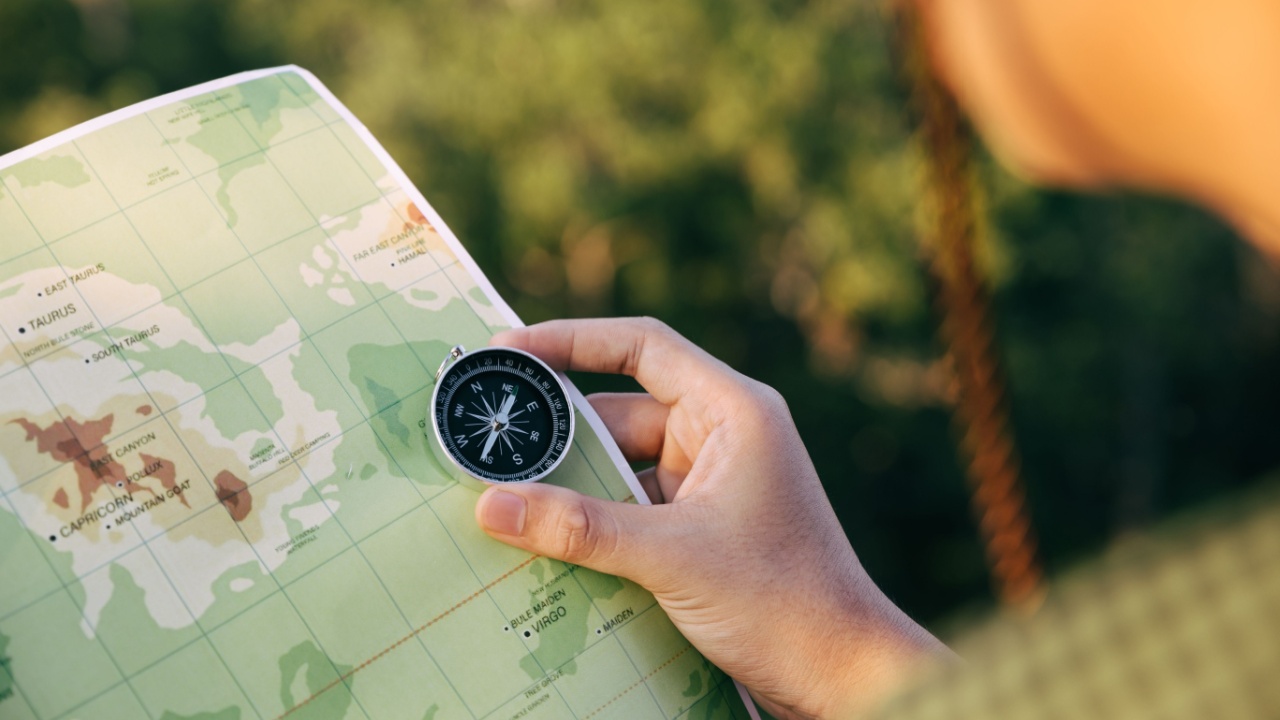
Our ancestors navigated using the sun, stars, and natural landmarks. They could read the landscape and use it to find their way. Learning basic navigation skills, like using a compass or reading a map, can help you find your way in unfamiliar territory.
7. Medicinal Plants

Our forefathers had an extensive knowledge of medicinal plants and their uses. They could identify plants that could heal wounds, reduce fever, or alleviate pain. Learning about medicinal plants in your area can help you treat minor ailments when medical help is unavailable.
8. Fire Starting
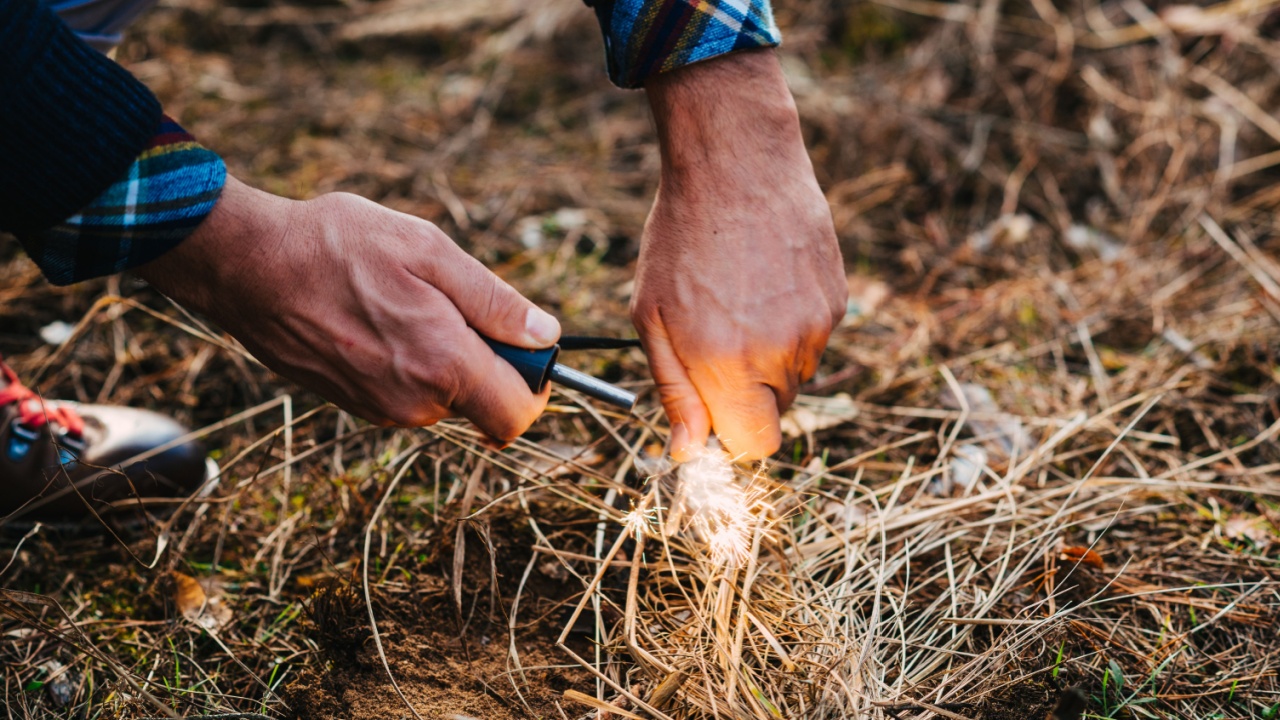
Our ancestors knew how to start fires using friction, flint, and steel. They used fire for warmth, cooking, and protection from wild animals. Learning how to start a fire is an essential survival skill that everyone should master.
9. Rope Making
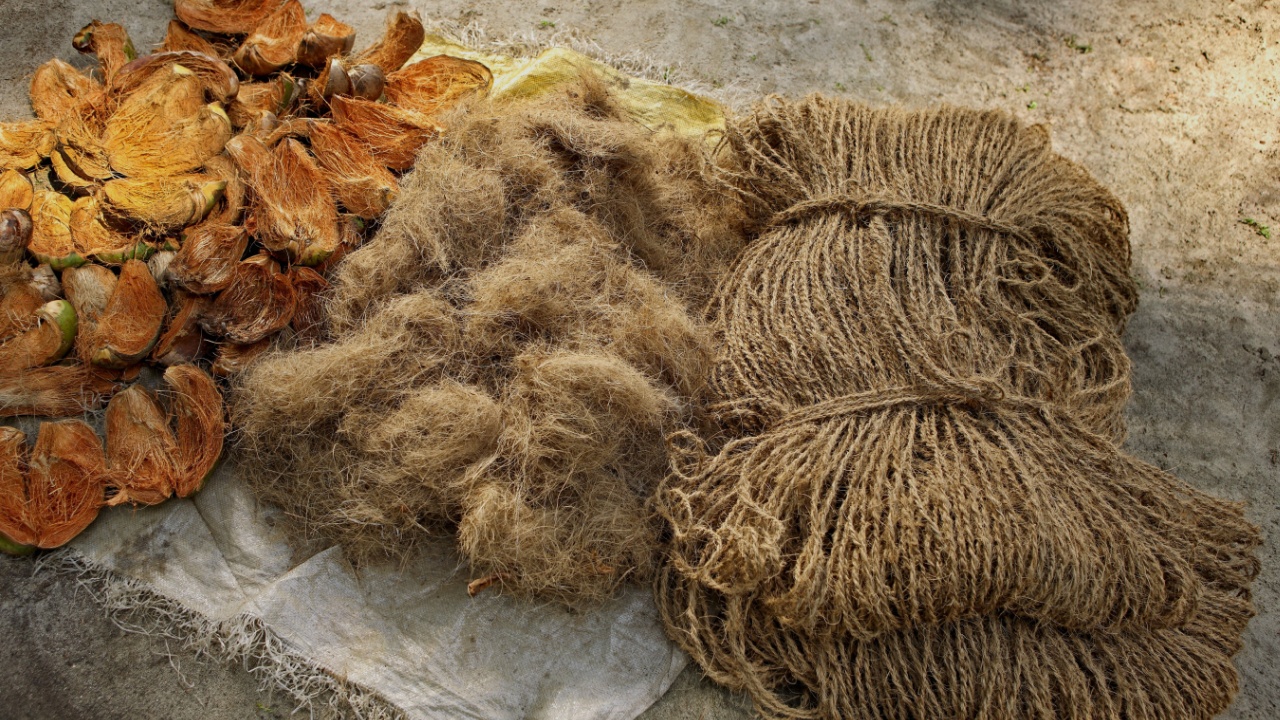
In the past, people knew how to make rope using natural fibers like plant stalks, bark, and animal sinew. Rope was used for building shelters, trapping, and making tools. Learning how to make rope from natural materials can be a useful skill in a survival situation.
10. Preserving Food
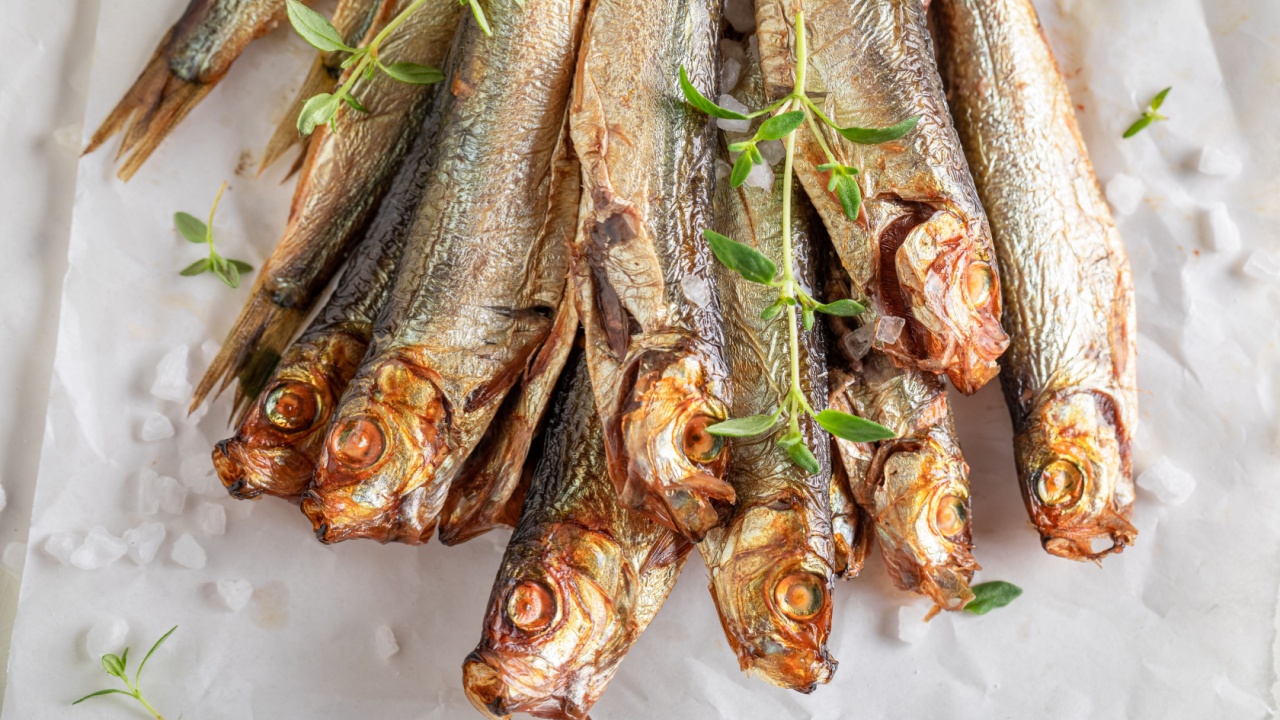
Our ancestors knew how to preserve food using methods like drying, smoking, salting, and fermentation. These techniques allowed them to store food for long periods without refrigeration. Learning food preservation skills can help you make the most of your food resources.
11. Blacksmithing
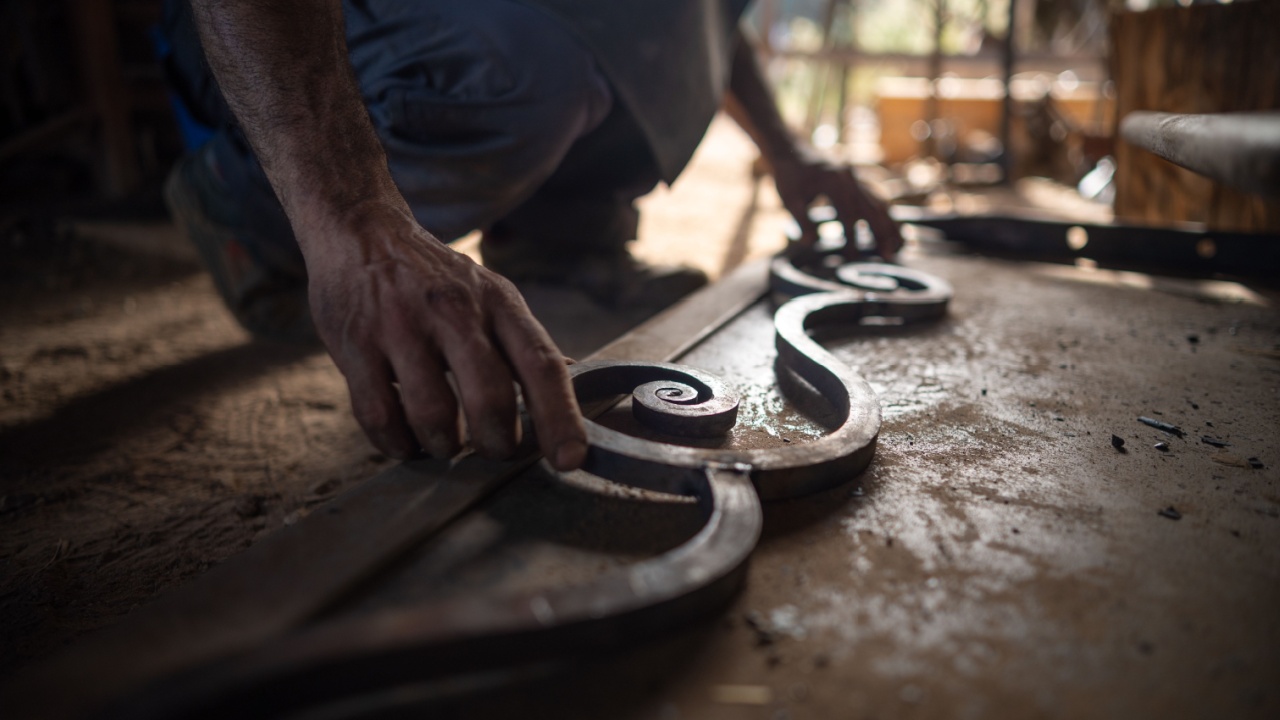
In the past, blacksmiths were essential for creating tools, weapons, and other metal objects. They had the skills to forge, shape, and repair metal items. While not strictly a survival skill, learning basic blacksmithing can help you create and maintain tools in a long-term survival situation.
12. Basket Weaving

Our ancestors used basket weaving to create containers for carrying and storing food, water, and other essentials. They used natural materials like reeds, grasses, and vines to create sturdy baskets. Learning how to weave baskets can provide you with useful containers in a survival situation.
13. Sewing and Mending

In the past, people knew how to sew and mend their own clothing using simple tools like needles and thread. They could patch holes, replace buttons, and create new garments from scratch. Knowing how to sew and mend can help you maintain your clothing and create new items when needed.
20 Crucial Supplies for Surviving a Societal Collapse

In the face of uncertainty, being well-prepared gives you at least some degree of control and security. The thought of a societal collapse, while extreme, prompts us to consider how we might endure without the conveniences of our current lifestyle. Here’s a list of 20 essential items that could prove indispensable in such a scenario. This guide isn’t about succumbing to fear but embracing preparedness and resilience.
14 Essential Canned Goods for Your Emergency Pantry
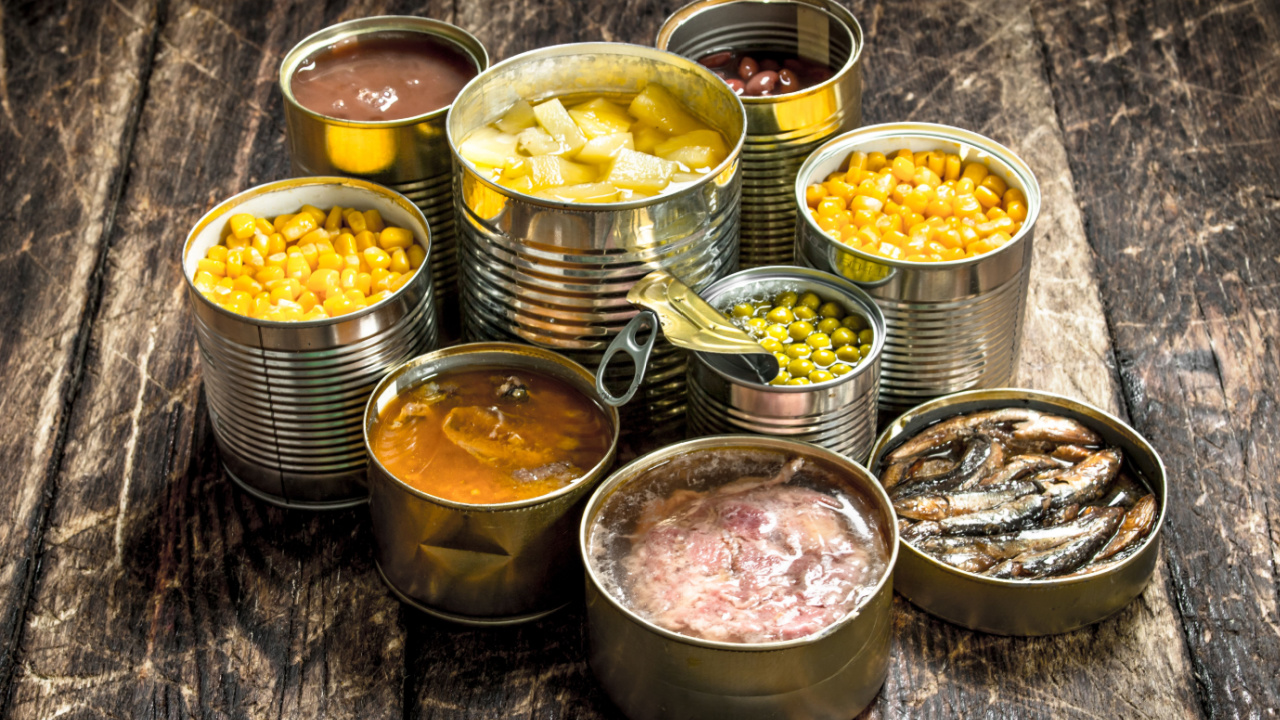
I firmly believe in keeping a well-stocked emergency pantry. While fresh food is ideal, in a survival situation, we may not be that lucky. So, for my family, even though we grow a lot of our own food, canned goods play a crucial role in emergency preparedness. They offer a reliable source of nutrition when access to fresh produce may be limited. The goods you stockpile should be affordable, easy to store, and full of nutrition.
Best Regions in the U.S. to Escape to When Society Collapses
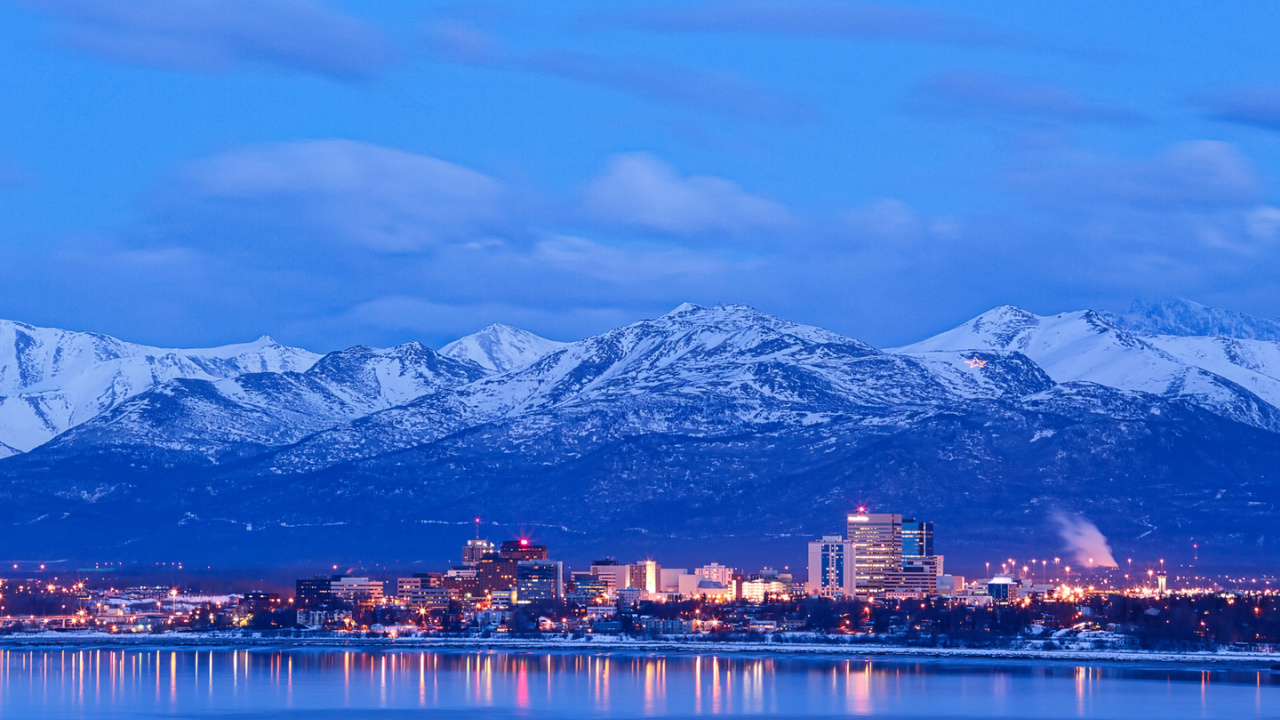
Choosing a refuge in the event of societal collapse involves weighing the pros and cons of each location against your personal preparedness goals and abilities. Whether you’re drawn to the solitude of the desert or the protective heights of the mountains, the key is finding a place that offers safety and the opportunity for growth and renewal.

